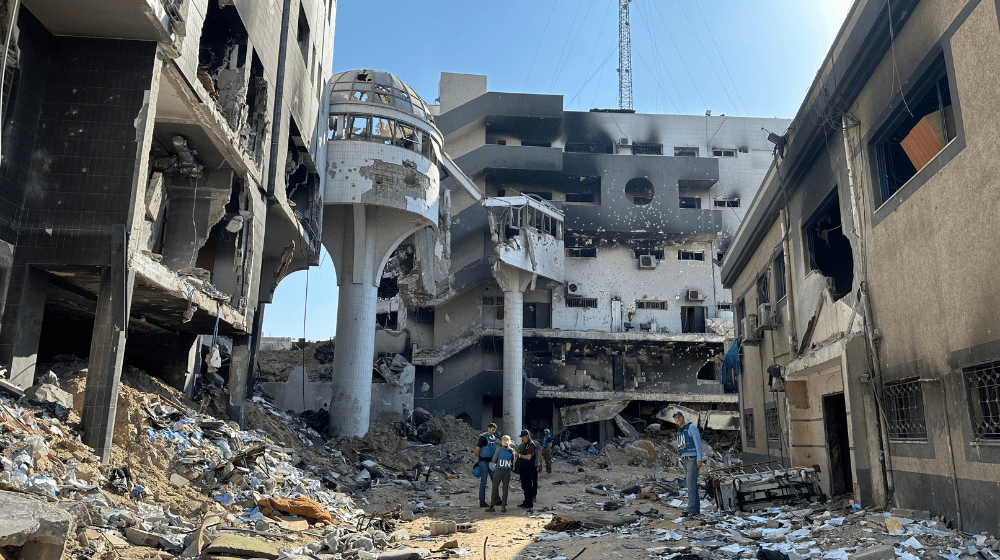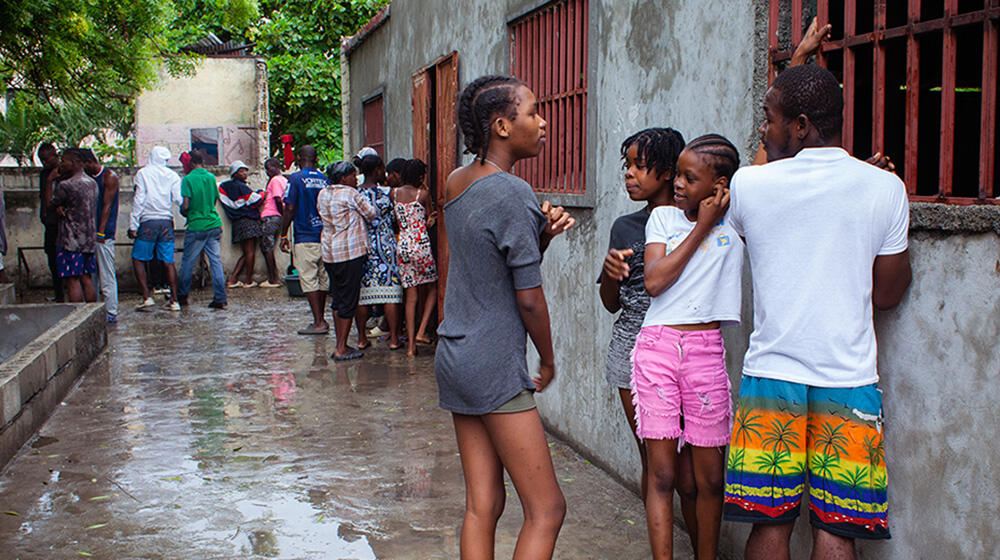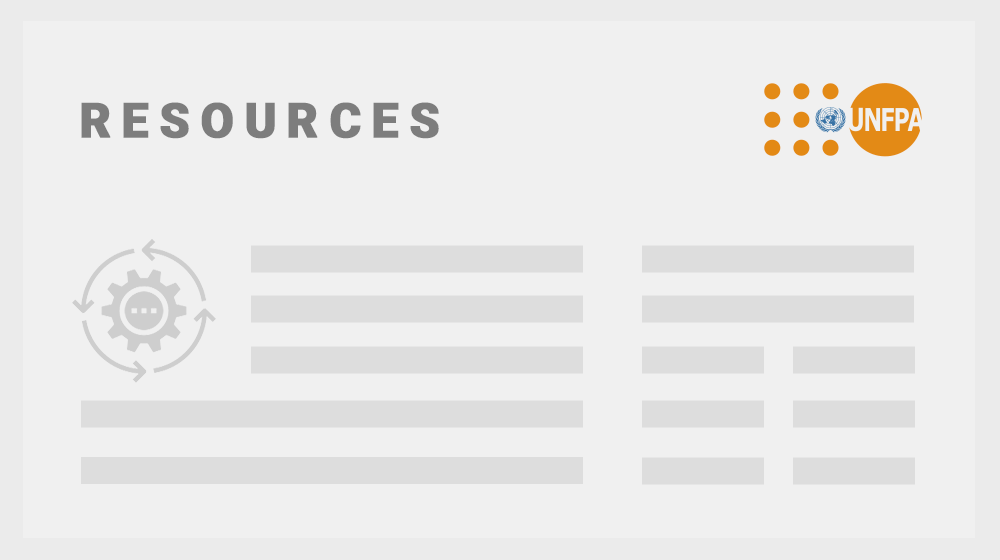Haiti
The humanitarian situation in Haiti continues to deteriorate. Gang violence in the capital, Port-au-Prince, persists and is spilling out into the provinces. More than 702,000 people are displaced across the country, having fled their homes in search of safety.
A hunger crisis is also escalating rapidly. Around 2 million people (18 per cent of the population) are facing critical levels of hunger, including more than 34,500 pregnant women, while close to 59,000 pregnant women are facing crisis levels of hunger as gang violence smothers life in Port-au-Prince and beyond.
Families are struggling to secure even the most basic necessities – food, healthcare, water, psychological support, sanitation and hygiene. The most vulnerable are finding refuge in locations that lack basic services and are ill equipped to accommodate so many people.
The level of insecurity and brutality, including sexual violence, that women and girls are facing at the hands of gangs in Haiti is unprecedented. Around 94 per cent of women and girls are at risk of gender-based violence as access to essential social and protection services is limited. Exploitation and abuse have also soared, and reliance on negative coping mechanisms has increased, as women and girls run out of options to support themselves and their families.
Health facilities and hospitals have been forced to close in Port-au-Prince, while medicines are in short supply and facilities lack staff – leaving an estimated 3,000 pregnant women struggling to access maternal health care.
To ensure that reproductive health and protection services continue, UNFPA is distributing essential medical supplies for maternal health, as well as protection-service provisions to health facilities and hospitals that remain operational. Mobile clinics have been deployed to displacement sites in the capital and in the Artibonite department to provide reproductive health services and support to prevent and respond to violence. In the capital, two hotlines and safe spaces are providing medical and psychosocial support to survivors of violence and those at risk. Essential hygiene items, including sanitary pads, have been distributed in displacement sites.
Updated 11 December 2024




